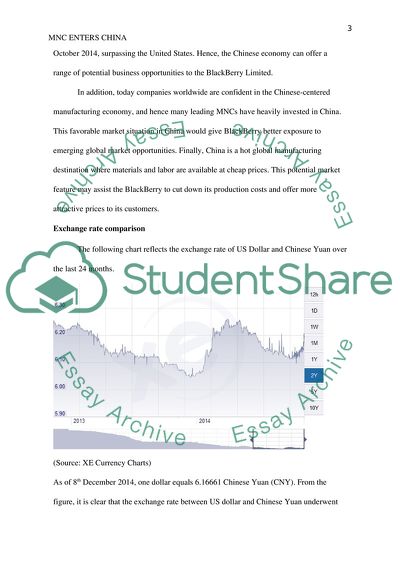Cite this document
(MNC Enters China Essay Example | Topics and Well Written Essays - 1750 words, n.d.)
MNC Enters China Essay Example | Topics and Well Written Essays - 1750 words. https://studentshare.org/business/1852770-mnc-enters-china
MNC Enters China Essay Example | Topics and Well Written Essays - 1750 words. https://studentshare.org/business/1852770-mnc-enters-china
(MNC Enters China Essay Example | Topics and Well Written Essays - 1750 Words)
MNC Enters China Essay Example | Topics and Well Written Essays - 1750 Words. https://studentshare.org/business/1852770-mnc-enters-china.
MNC Enters China Essay Example | Topics and Well Written Essays - 1750 Words. https://studentshare.org/business/1852770-mnc-enters-china.
“MNC Enters China Essay Example | Topics and Well Written Essays - 1750 Words”. https://studentshare.org/business/1852770-mnc-enters-china.


